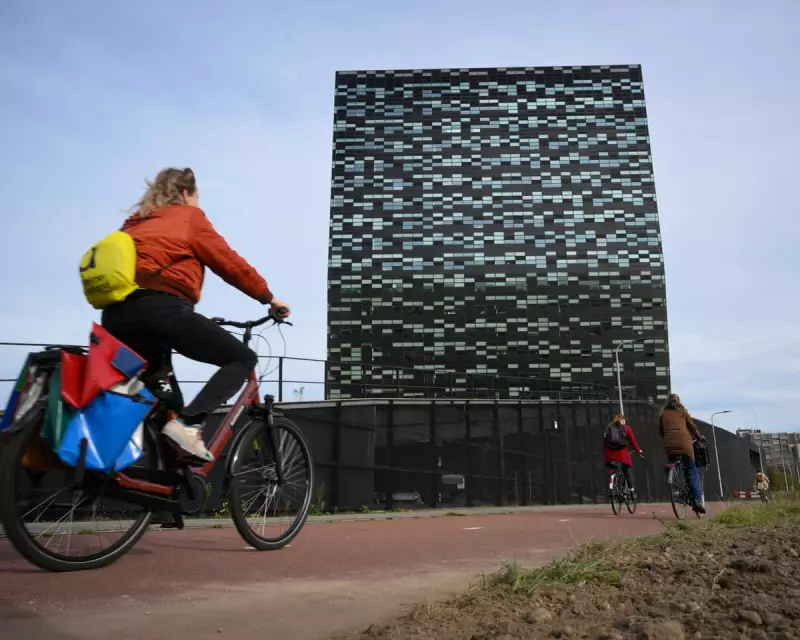
The Dutch government has announced the suspension of its controversial move to seize supervisory control of the Chinese-owned chipmaker Nexperia, a dramatic step that pauses a six-week international dispute which had threatened to paralyse car manufacturing across the globe.
A Gesture of Goodwill De-escalates Tensions
In a significant de-escalation, the Dutch Minister for Economic Affairs, Vincent Karremans‘goodwill’ towards Beijing, coming after a period of intense diplomatic friction.
‘In light of recent developments, I consider it the right moment to take a constructive step by suspending my order under the Goods Availability Act,’ Karremans said. This Cold War-era law, never before invoked, was designed to protect essential European production in times of emergency or war.
From Export Ban to Production Halts
The original Dutch decision had provoked a furious response from China, which in early October retaliated by banning exports of Nexperia chips. With the majority of these crucial components packaged and finished in China, the ban threw global supply chains into immediate chaos.
The repercussions were swift and severe:
- Car production lines in Mexico were forced to pause.
- Major European manufacturers warned they were merely ‘days away’ from complete stoppages.
The crisis only began to abate when China lifted the export ban on 9 November. Since then, automotive giants like Volkswagen and Honda have confirmed that the vital flow of Nexperia chips to their factories in Germany and Mexico has resumed.
Constructive Dialogue and Future Safeguards
The suspension follows constructive meetings between a Dutch delegation and Chinese authorities in Beijing. ‘We are positive about the measures already taken by the Chinese authorities to ensure the supply of chips to Europe and the rest of the world,’ Karremans commented, acknowledging Beijing's cooperation.
However, the minister was clear that the underlying concerns that prompted the initial seizure remain. He stated the move was necessary to prevent Nexperia, which is headquartered in Nijmegen but owned by China’s Wingtech Technology, from moving intellectual property and physical assets out of its European bases in Hamburg and Nijmegen.
The Netherlands will retain the right to re-impose control if any threat to the production or technological knowledge reoccurs. A spokesperson for Wingtech has since called for the Dutch government to withdraw from an ongoing court case concerning alleged mismanagement at the company.
This resolution marks a critical moment in EU-China trade relations, demonstrating how geopolitical tensions can swiftly impact the core of global manufacturing and the fragile supply chains that underpin it.





